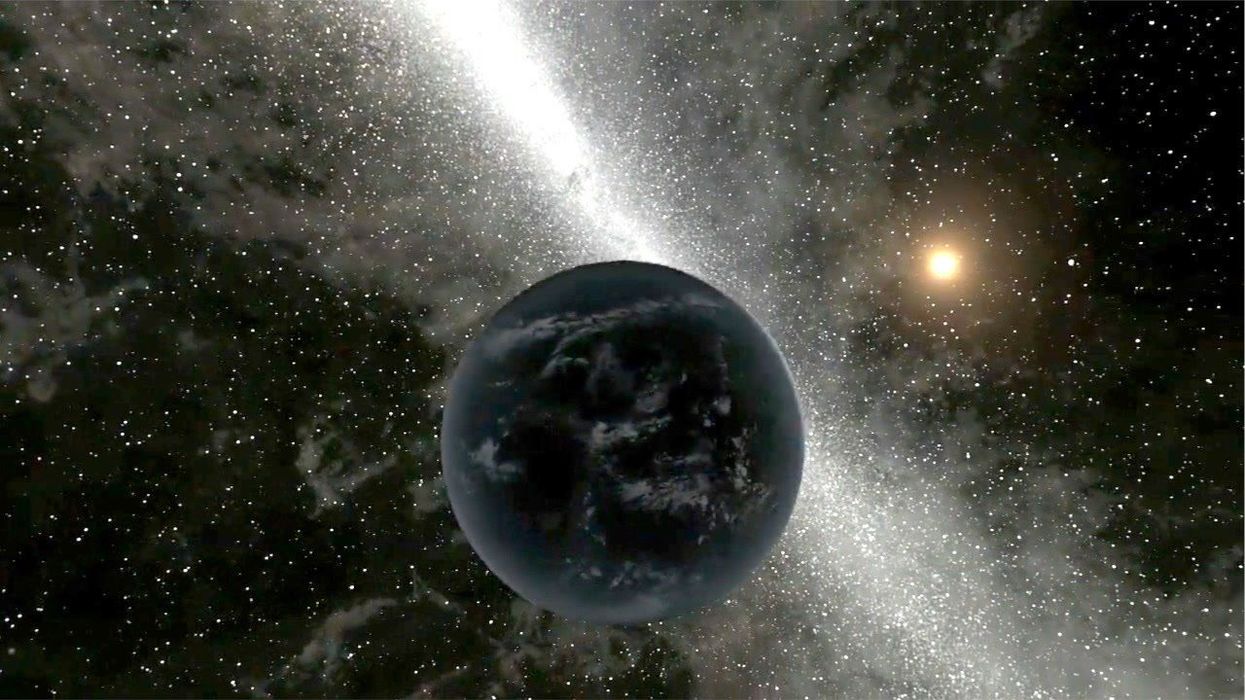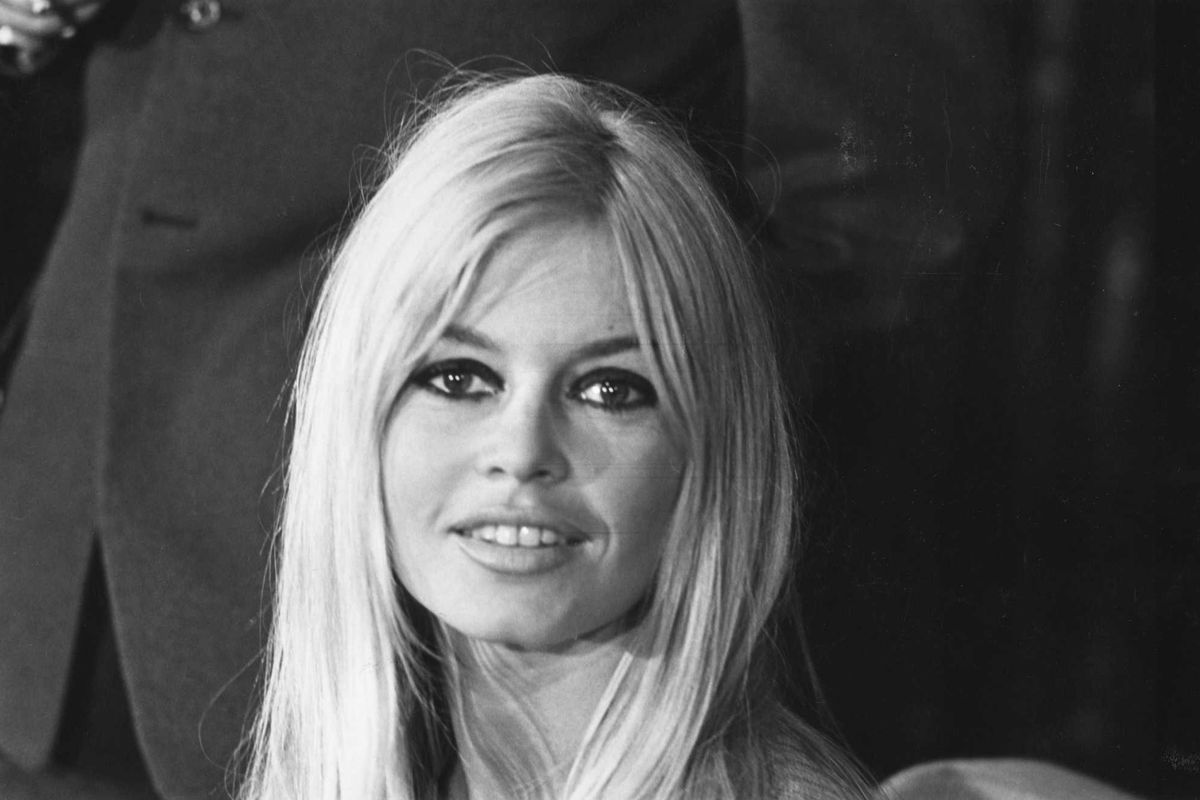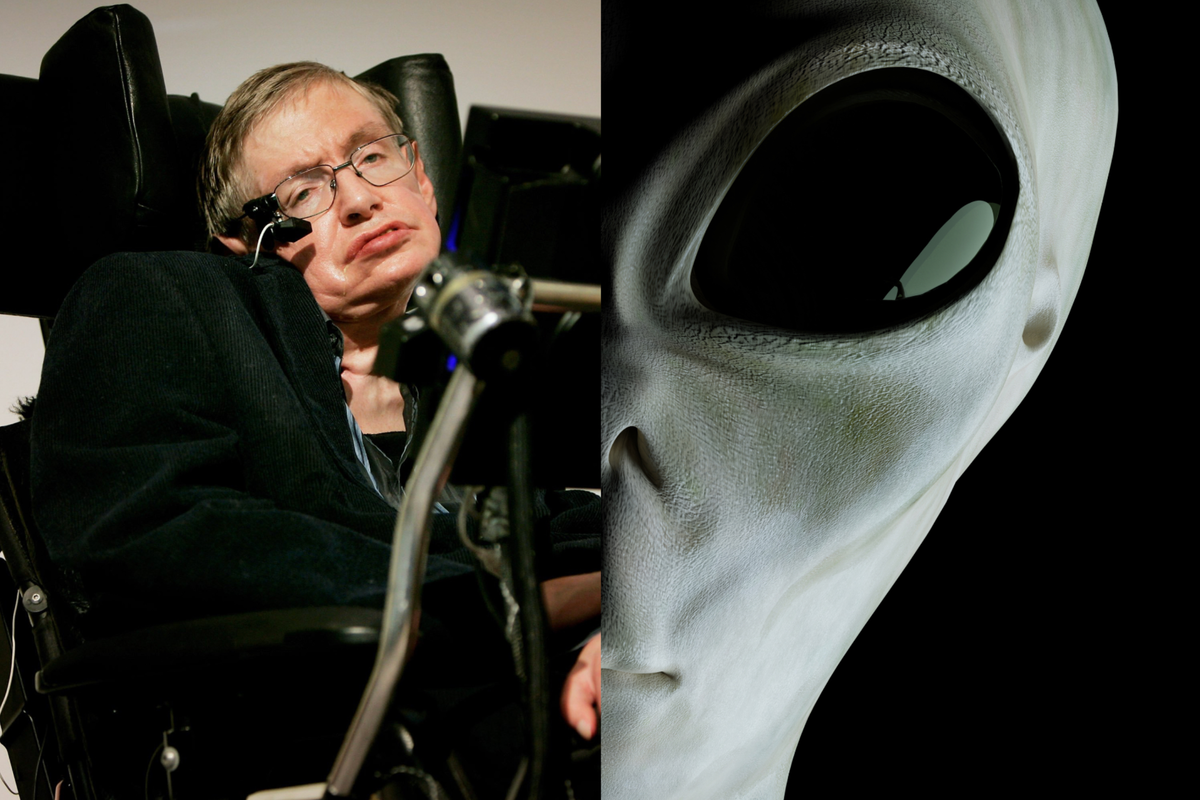Becca Monaghan
Dec 12, 2024
Could There Be Another Planet Out In Our Solar System?
ZMG - Amaze Lab / VideoElephant
Since the formation of the Solar System, the orbits of the planets have evolved and changed over time.
While one of the most prominent ideas in the last few decades is planetary migrations and the idea that the interactions caused young planets to migrate inwards and outwards from their original positions, a new theory now suggests that the cause could be a 2-50 Jupiter-mass object passing through the Solar System.
To start with, the planets formed out of a rotating disk of gas and dust around the young Sun which caused the material to form a plane, leading to orbits that were circular [via Universe Today].
As the planets grew, interactions in the protoplanetary disk led to orbital migrations with planets moving inwards or outwards, along with gravitational interactions which led to changes in the eccentricity and inclination, which at times, caused protoplanets to be ejected out of the Solar System.
While they are quite common, some celestial objects visited us.
Back in 2017, scientists discovered Oumuamua which marked the first interstellar visitor. And now, a new paper has theorised that this could be behind the changes in the orbits.
Led by Garett Brown University of Toronto, the research looked at the eccentricity of the gas giants and suggested that current theories were unable to explain their observations.
Instead, they believe an object the size of Jupiter was a more likely cause.
Their study suggested that the object passing through with the closest distance to the Sun of less than 20 astronomical units and a hyperbolic excess velocity of less than 6km/s-1 could explain observations.
They concluded with calculations suggesting there is a 1 in 100 chance that an interstellar object could be the reason behind the obits we see today.
How to join the indy100's free WhatsApp channel
Sign up for our free Indy100 weekly newsletter
Have your say in our news democracy. Click the upvote icon at the top of the page to help raise this article through the indy100 rankings.
Top 100
The Conversation (0)













